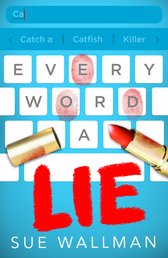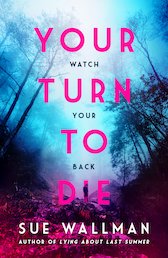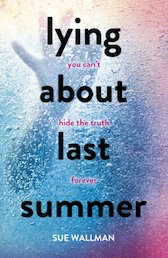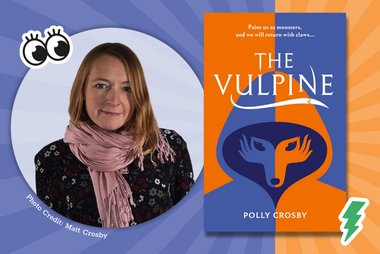Sue Wallman on catfishing and the creation of Every Word a Lie
Every Word a Lie may be entertainment, but it’s also a cautionary tale… Award-winning author Sue Wallman speaks about catfishing and the creation of her latest YA novel.
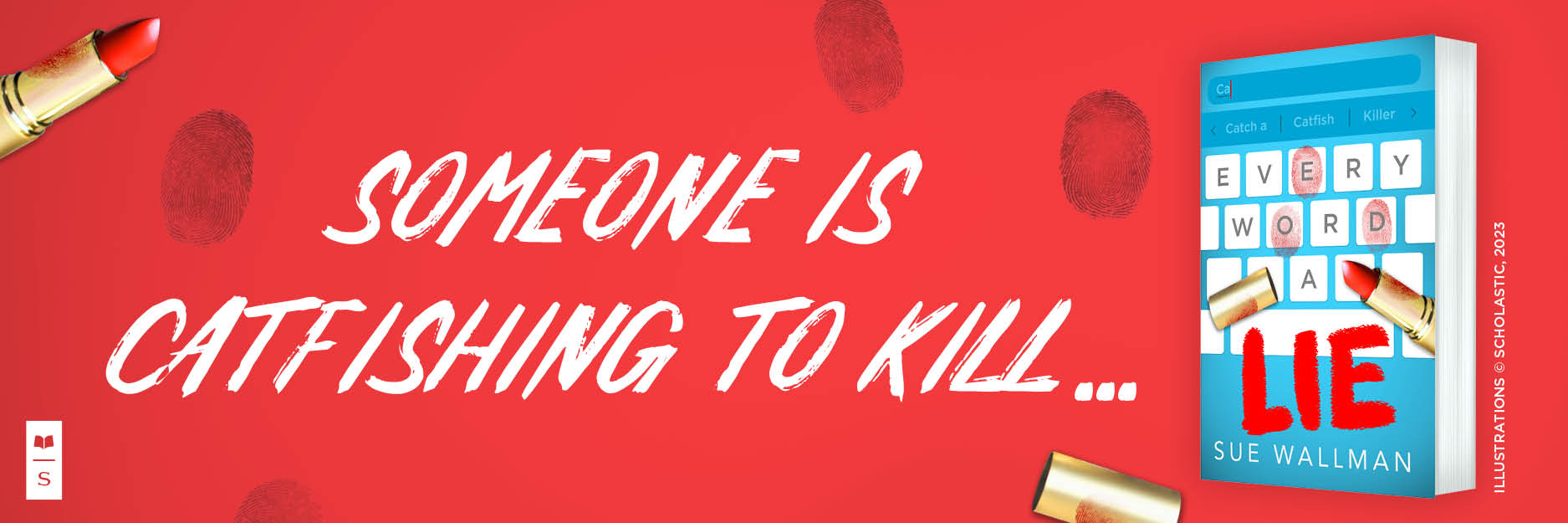
All my books are about secrets, murder and lies, and a question my characters repeatedly ask themselves is Who can I trust?
In Every Word A Lie best friends Amy and Stan are in a friendship group that has a history of pranking. To get back at their friend Hollie, they pretend online to be a boy she has a crush on. But Hollie ends up dead, someone takes over the social media account, and everything spins out of control.
When someone pretends to be another person online, they’re “catfishing”. It’s a strange term that nobody really knows the origin of. It might have come from the practice of fishermen putting catfish in with other types of fish when transporting them, to keep them swimming around, therefore maintaining their quality. Perhaps it came from a 2010 film called Catfish in which a man falls in love with a woman he meets online who turns out to be not who she says she is. Or maybe it’s because catfish are scavengers who prey on others.
Whatever the origin of the term, there are many reasons why people catfish: for malicious purposes, as escapism from loneliness or dissatisfaction with life, to explore a different gender or as a form of entertainment. But whatever the reason, it can have serious, often unintended, consequences for the person who is deceived. Even if people think what they’re doing is harmless, there is always a victim.
Catfishing is becoming increasingly common, and so is our fascination with it. The podcast Sweet Bobby gripped over one million listeners globally, and the MTV show Catfish is on its third UK season. Of course, it’s impossible to know the full extent of the problem, as cases go unreported or even unrecognised. However, most of us know someone who’s been caught up in a dating, banking or delivery scam, and I know from working as a secondary school librarian that catfishing is a common and distressing problem for many young people.
My characters make mistakes but some of them try to do the right thing – they involve parents and the police. But the police can be slow to react, or have their hands tied by legalities or social media companies that don’t take enough responsibility, and parents can be well-meaning but not able to do much. They might put controls on their children’s devices but students at my school tell me that have ways of getting round this (“I’m very persuasive”, “I asked my dad to unlock the controls so I could buy something and I knew he’d forget to put them back on”) and parents often focus on phones and forget that their children have access to the internet via their laptops or VR headsets.
Currently, the act of catfishing isn’t illegal, although charges can be brought for harassment or obtaining money fraudulently. Mostly it goes under the radar. I wrote Every Word A Lie as entertainment but it’s also a cautionary tale.
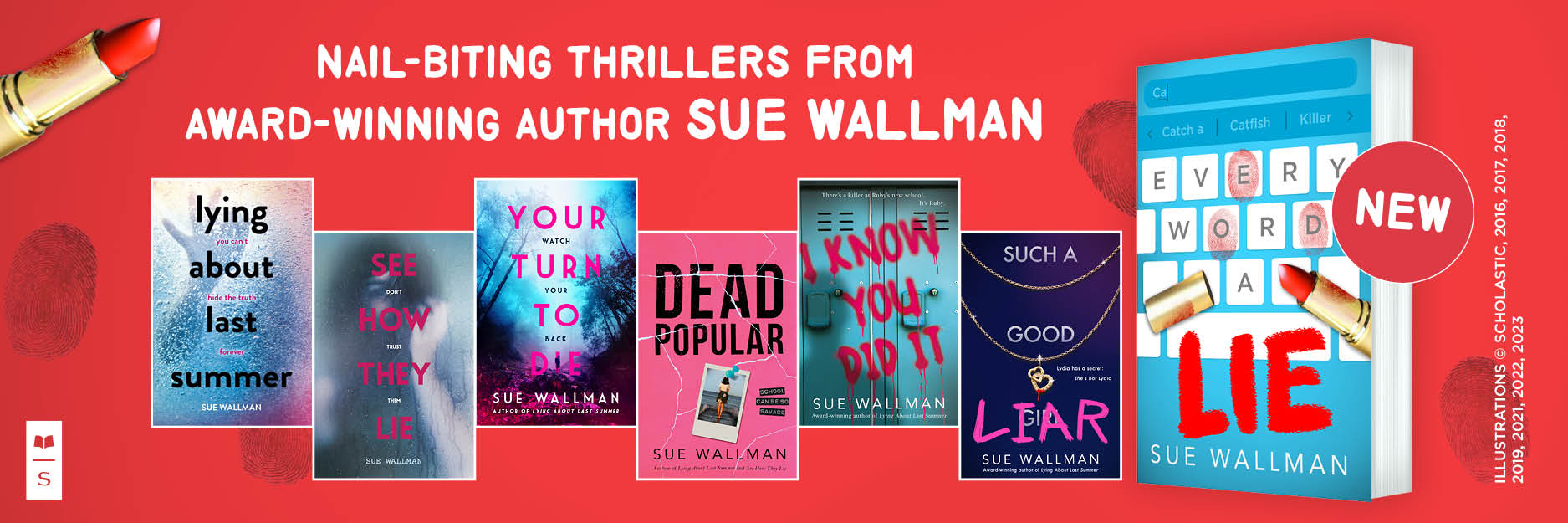

Buy Sue’s books
-
 Every Word A Lie
Every Word A Lie
- gbp prices
- Offer price: £6.99
- Rewards/RRP: £8.99
-
 Such a Good Liar
Such a Good Liar
- gbp prices
- Offer price: £6.99
- Rewards/RRP: £7.99
-
 I Know You Did It
I Know You Did It
- gbp prices
- Offer price: £6.99
- Rewards/RRP: £8.99
-
 Your Turn to Die
Your Turn to Die
- gbp prices
- Offer price: £6.99
- Rewards/RRP: £7.99
-
 Lying About Last Summer
Lying About Last Summer
- gbp prices
- Offer price: £6.99
- Rewards/RRP: £8.99
Similar Posts
-
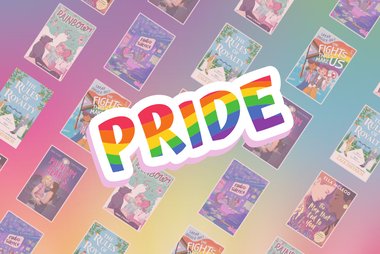
Read with Pride this June!
Explore some of our favourite LGBTQ+ stories this Pride month with a selection that embraces all voices and stories!

